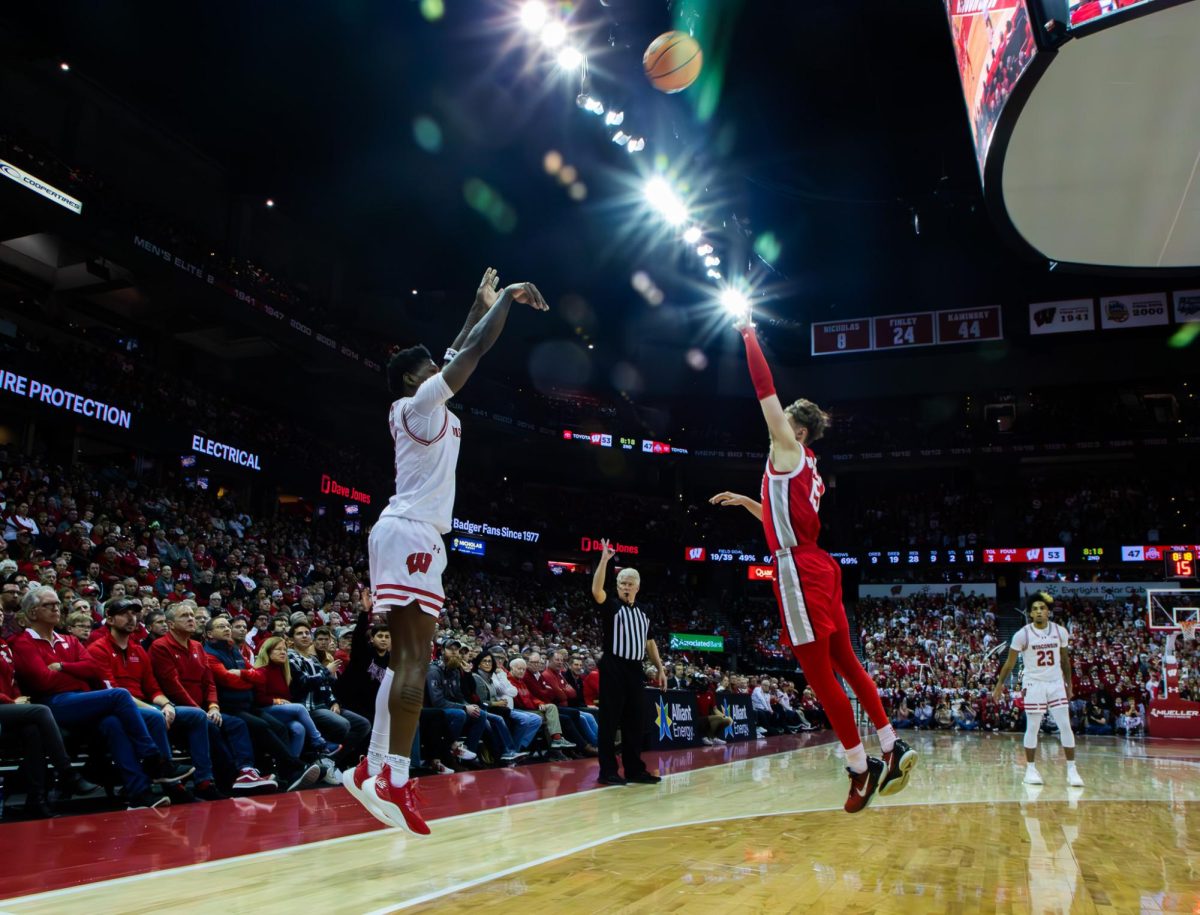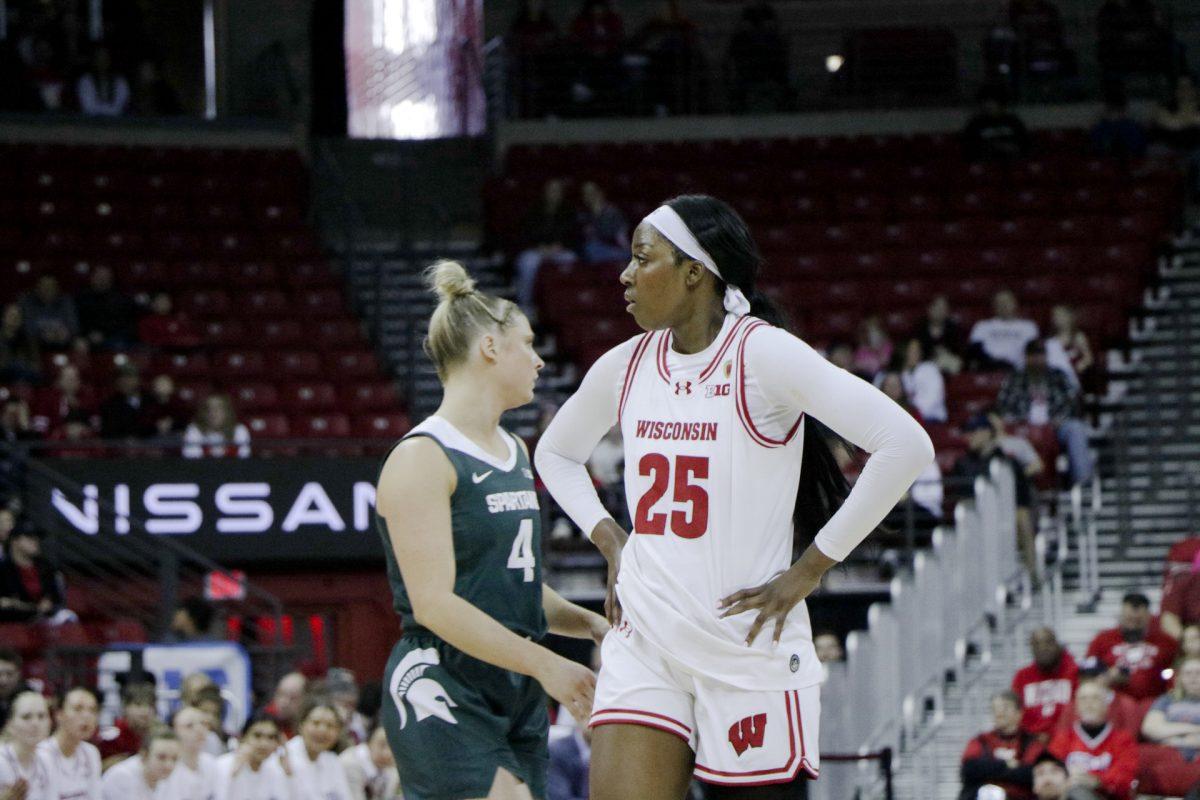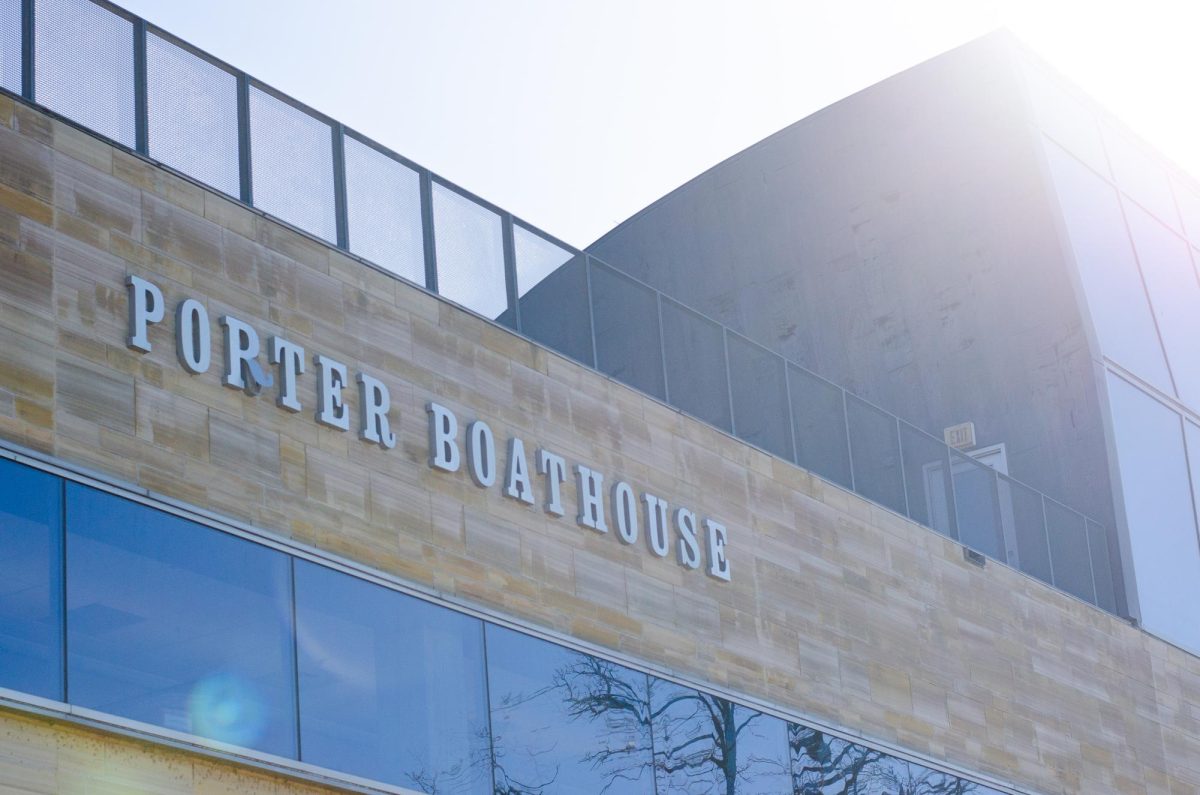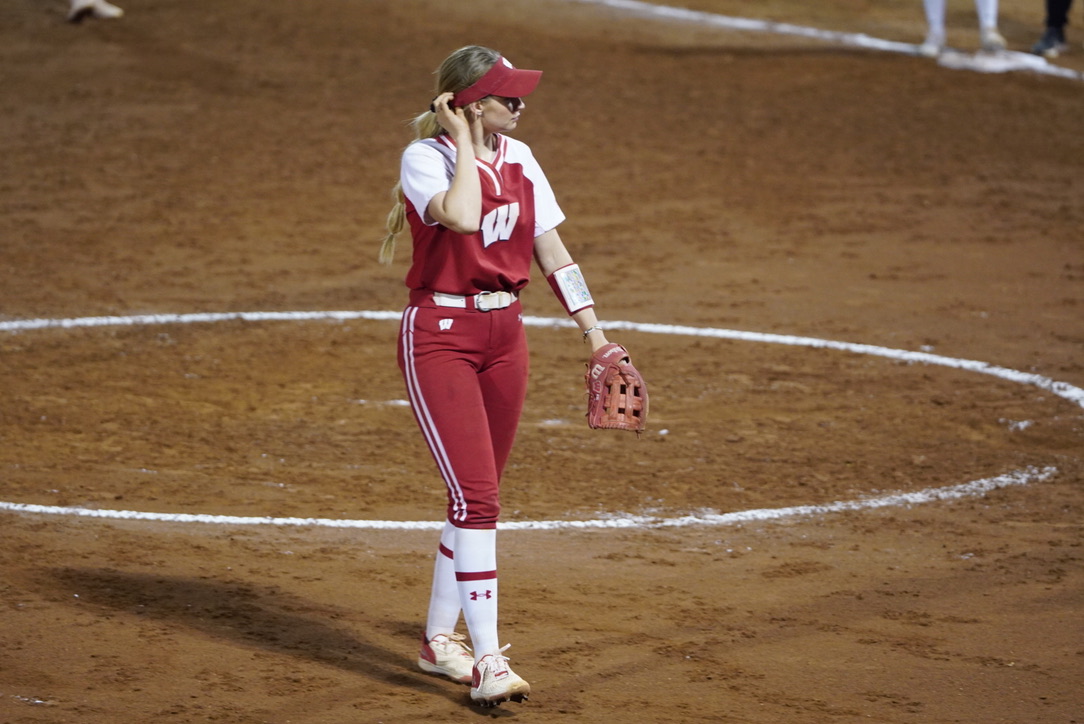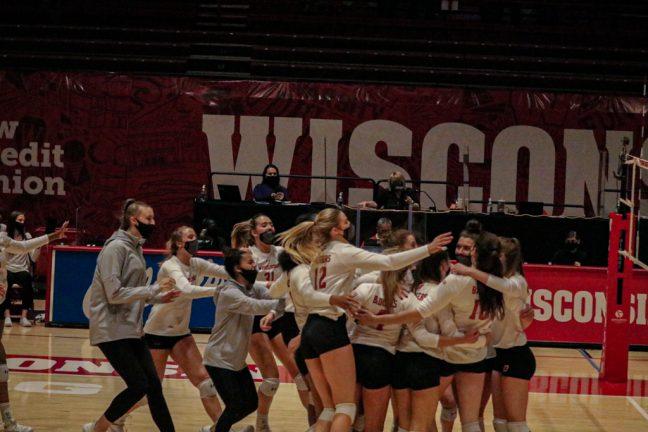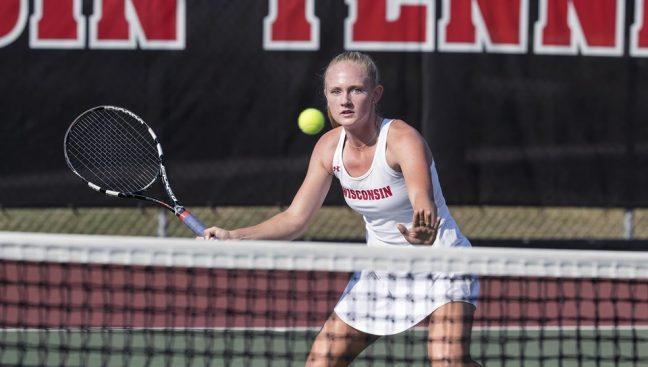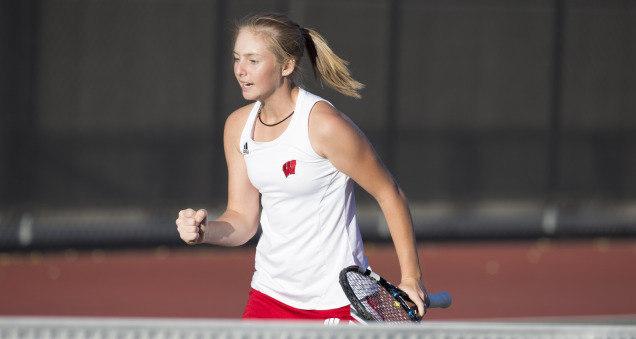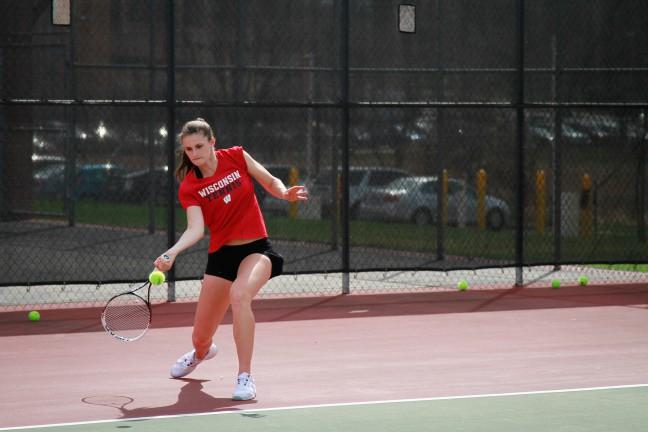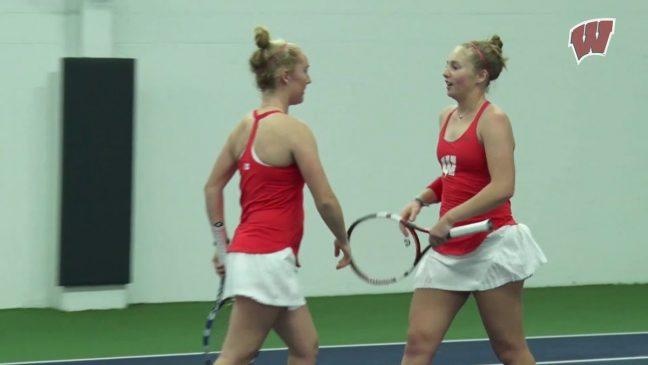Wisconsin women’s tennis head coach Brian Fleishman earned two minors when he graduated from Christopher Newport University in Virginia in 1991; one was in coaching, the other was in psychology.
It must have surprised the CNU grad to learn that when he finally got into coaching tennis, his psychology minor would prove more valuable than the one in coaching.
“I use it every day,” Fleishman said. “There’s something new going on every day. [The players] have their ups and downs off the court as well as on the court. They’ll come here after tests mentally exhausted, and I have to figure out how I’m going to get them motivated for that day.”
Now, as the head coach of the Badgers, who as a team have also had their ups and downs this season (12-10, 3-5 in the Big Ten), Fleishman is not only tasked with keeping his team mentally prepared, but also working with each individual’s technical game and game planning.
Sophomore Hannah Berner, who plays No. 4 singles for Wisconsin, believes that since her time began with Fleishman her game has vastly progressed.
“We’ve done work on all elements of my game,” Berner said. “It’s more the mental aspect of the game that I think he’s hit on a lot. He takes my strengths and builds them and gets my confidence up.”
Aside from Fleishman’s teachings on the court, he likes to keep things loose off of it in order to keep his players mentally fresh during the season.
“He definitely likes to joke a lot with us which is fun,” senior and No. 6 singles Jessica Seyferth said. “He’s always been pretty relatable; you can talk to him about anything, and it’s not always tennis all the time, which is nice.”
The senior was surprised to have Fleishman as a coach when she came to Wisconsin four years ago, as he replaced the coach who originally recruited her to the program.
Seyferth had never met the new coach before, but from his reputation, she knew what type of coach she was getting.
“As soon as I met him I was happy with the hire and really excited to play for him,” Seyferth said. “I’d heard great things about him and the things he had done at Wake Forest.”
Fleishman’s coaching career, however, didn’t begin at Wake Forest. In fact, he might say his coaching career began during his youth, growing up with a dad in the Army.
“He was very disciplined, and that’s what the Army does for you,” Fleishman said. “I think I carry that over to my coaching now. I’m very disciplined, the work ethic is there, I’m very organized, I’m kind of anal about detailed work and I try to stress that to the team.”
After playing tennis through college Fleishman began his career in the coaching ranks at Van Der Meer Tennis Academy on Hilton Head Island in South Carolina. The recent college graduate coached at the academy for a few years, teaching and traveling around the world with the founder of the academy, Dennis Van Der Meer.
After the academy, Fleishman coached several men’s professional tennis players. The most notable of which, Grant Stafford, at one point made it to No. 53 in the world.
Fleishman received his first assistant coaching gig at William and Mary. From there he moved laterally to another assistant coaching position with Wake Forest, a program where he’d eventually take the reigns as head coach and win a women’s Division I national title.
The young coach believes he learned a lot about each facet of coaching tennis at all of the stops throughout his career.
“Working at an academy for four years before I got into coaching helped me on the technical side, traveling on the tour helped me more so on the organizational side and working at William and Mary helped me at the mental side,” Fleishman said.
In Fleishman’s playing days at Christopher Newport University, he described himself as “the player nobody wanted to play” because of the variety of looks he’d give opponents on the court.
Though Fleishman played in college, a nagging shoulder injury kept him from making that next step to the professional level.
Through all of his experiences growing up and playing sports, he has coined a philosophy that he preaches to his players.
“Hard work pays off eventually,” Fleishman said. “It’s something I have stood by ever since I got into coaching. I use that for myself. If I’m going to work hard, hopefully down the road somewhere it’s going to pay off. It’s the same thing for my players.”









